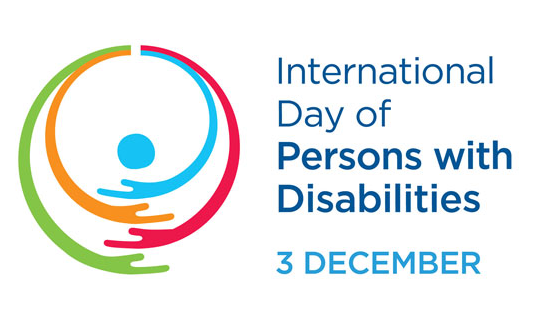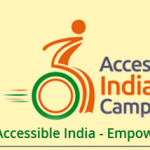WORLD DISABILITY DAY
Autism spectrum disorder (ASD) is a neurological and developmental disorder that affects how people interact, communicate, learn, and behave. Although autism can be diagnosed at any age, it is called a “developmental disorder” because symptoms generally appear in the first two years of life. Autism affects approximately 18 million people in India, representing 12.7% of the total population. The prevalence of autism in India is increasing and is estimated to be around one in 68 children. Boys are affected more often than girls, with a ratio of around 3:1.
A UNICEF-sponsored report based on research by CGWC-IMHANS (Child Guidance and Wellbeing Center under the banner of the Institute of Mental Health and Neurosciences) highlights that the prevalence of autism spectrum disorder (ASD) is approximately 2.34% among children aged four to six years in the Kashmir valley. The Kashmir Valley is witnessing a noticeable surge in virtual autism cases among children (CGWC). Some factors contributing to the increase in autism cases in Jammu and Kashmir include: Low awareness, Lack of basic services, and poor diagnosis.
Parents of children with autism spectrum disorder (ASD) face unique challenges. They often feel isolated and overwhelmed. The greatest challenge lies in the lack of awareness regarding autism, not only among the public but also among medical professionals. Autism as a spectrum disorder manifests differently in each child, and its symptoms, such as communication difficulties, social interaction difficulties, and restricted behavior, are often misunderstood. This lack of understanding can lead to stigmatization and social exclusion, which makes it difficult for families to seek help or acceptance in their communities. In addition, the scarcity of specialized educational and therapeutic services intensifies the burden.
The Kashmir Valley also faces a pressing educational challenge: facilities for children with Autism Spectrum Disorder (ASD). Despite growing global awareness of autism, the region remains woefully unprepared to address the unique educational needs of autistic children. This shortage not only hinders their development but also places an undue burden on families, forcing many to seek alternatives outside the valley or forego specialized training altogether.
This individual’s neurodevelopmental condition requires tailored educational approaches, including structured environments, sensory-friendly classrooms, and qualified teachers trained in behavioral and communication strategies. However, most schools in Kashmir lack these basic resources. There are only a few special education centers, and those that do exist often cover various disabilities without autism-specific offerings. This general approach results in children with autism being underserved because their needs differ significantly from those of those with other disabilities. However, mainstream schools are rarely equipped with inclusive practices or assistive technology, leading to feelings of isolation and frustration for autistic students and their parents. Parents, too, face immense challenges. Many report a lack of awareness among educators, inadequate diagnostic services, and limited community support. Stigma further intensifies this issue by discouraging open discussions and advocating for improved services. While private institutions in urban areas like Srinagar have made strides, these options are costly, excluding families from low-income backgrounds.
Addressing this crisis requires a multi-pronged approach. The government must prioritize autism education by establishing specialized schools, training educators, and integrating inclusive policies into mainstream schools. NGOs and community groups should amplify advocacy efforts and promote awareness and acceptance. With concerted efforts, Kashmir can create an environment where every child, regardless of ability, has the chance to thrive.
(Author is Assistant Professor, Department of Management Studies, Islamic University of Science and Technology, Awantipora)








